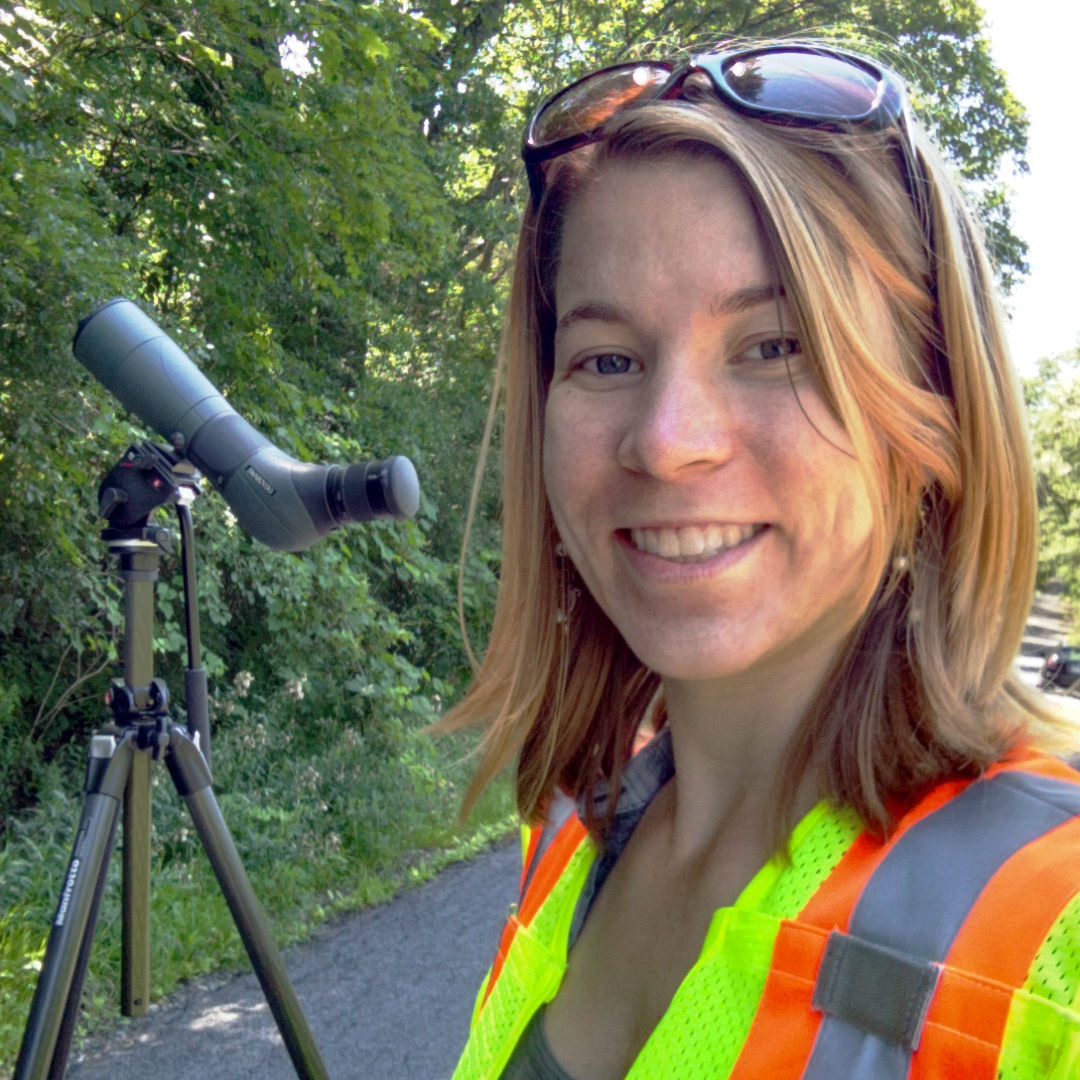Charlotte Levy is a PhD candidate working in the Goodale and Fahey labs at Cornell University in the Department of Ecology and Evolutionary Biology. She is a biogeochemist studying the global carbon and nitrogen cycle, and focuses specifically on climate mitigation through forest management and woody biofuels. She is especially interested in the interface of scientific research and policy action, and helps lead Cornell Advancing Science and Policy. The group trains graduate students to translate their research and better convert scientific findings into actionable policy goals.
“I became a scientist because I enjoyed breaking down big problems into comprehensible bits.” Charlotte Levy is a PhD candidate studying biogeochemistry and climate science. “Policy problems are similar; you have to put in the time to find the smaller steps that will achieve your goal.”
Levy started her work in science and policy in Saratoga Springs, NY, as part of a college working group collaborating with the town government. When she joined the group as a freshman, the group was well aware they would need to work hard to overcome the city’s reluctance to work with “another student advocacy group.” The group spent two years getting to know the city’s needs, not as outsiders but as members of the community.
“We discovered that they needed to update a carbon inventory to be eligible for key state environmental grants” Levy remembers. “They didn’t have the resources for that, but we did.”
Levy spearheaded the effort, training herself in the ICLEI software and reporting requirements, and organizing teams of college students to collect hardcopy electric and gas records and collate them for the report.
The completion of the inventory allowed the town to join the Cleaner Greener Communities initiative being led by the New York State Energy Resources Development Authority. Levy and other members of her group were invited to report their inventory findings to the city. Their results pointed to vehicle emissions as a key priority for reductions, so Levy and her colleagues launched a two-year campaign to reduce emissions from vehicle idling and promote better pedestrian infrastructure downtown. By the end of it, they had helped to pass two city ordinances in support of those goals.
“The best part of that work was that we never worked against anyone” said Levy. “We worked hard so that everything we did represented a win for not only us, but our community. We never expected the science to just be enough, we had to show that our suggestions were achievable and desirable all in their own right.”
Academics in policy
Entering graduate school, Levy was excited to be challenged academically, but also saw firsthand how hard it could be for graduate students to get experience with the world beyond academia. Although she saw labs doing amazing work for human health and technology, few graduate students felt like they could really explain what they did to someone outside their field.
She became involved in a science communication workshop called ComSciCon, and attended the AAAS CASE workshop in DC, where she had the opportunity to visit Capitol Hill and talk to her representatives firsthand. She saw how these programs gave select students an opportunity for skill building and hands on experiences, and decided she wanted to open that experience to more of her peers.
Now Levy co-leads the graduate group Advancing Science and Policy. The group has developed an event-heavy program with over 200 subscribed members, graduate students and post-docs who want to increase the impact of their work. Each month the group hosts a seminar and a workshop over lunch or pizza dinner, on campus where students can easily jump in and attend.
“Our goal is to first get students connected with someone outside academia; we’ve brought in CEOs of consulting firms, federal lobbyists, media specialists and negotiation strategists. Students get to ask questions and really learn about what they do,” Levy describes the low-key biweekly seminars.
“Then we follow up with a workshop with concrete skill building. We’ve written op-eds and policy briefs, practiced elevator pitches and even worked through a negotiation case study. We want scientists to feel confident and clear when they talk about their research, and not get bogged down in jargon or dragged off message.”
Asked about the ultimate goal of such training in academia, Levy is emphatic. “We aren’t teaching scientists to get political, we’re teaching them to communicate”. She points to the severe consequences when research is misrepresented, as with vaccines in recent years, or shut down because it becomes embroiled in political controversy.
“The graduate students I work with are amazing people; they want to cure heart disease, end hunger, discover something new and amazing. We can’t do that work unless we’re willing to talk, and collaborate, and put our research out there.”
